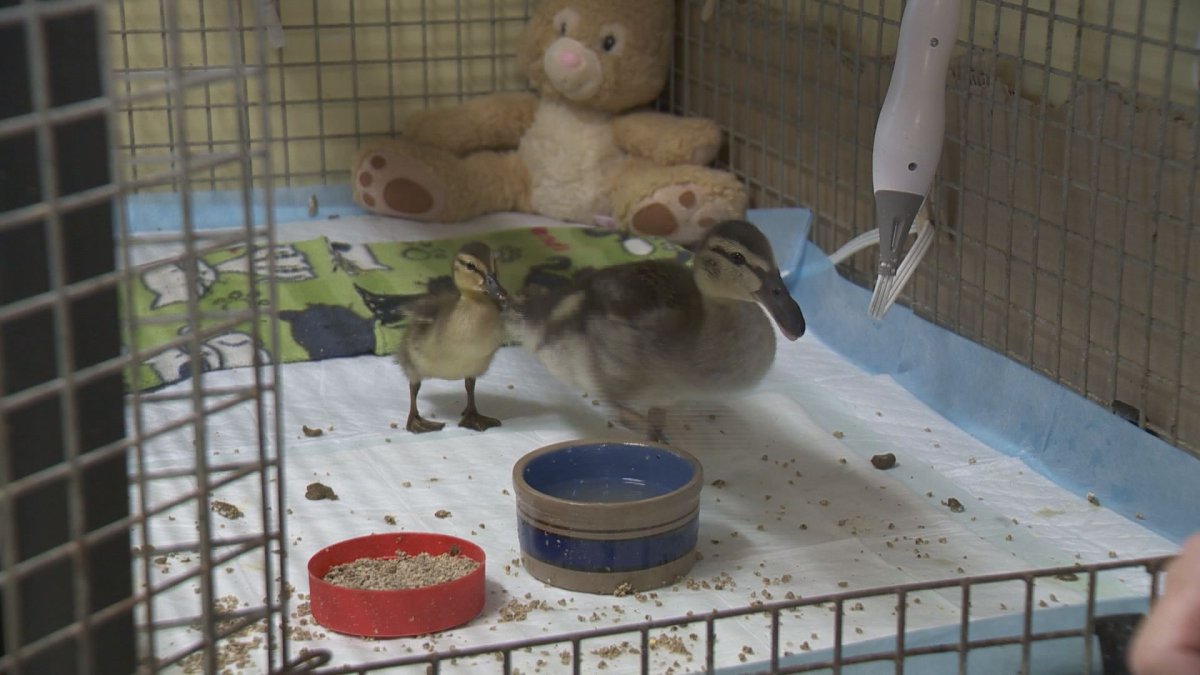REGINA – Spring brings plenty of baby animals, and a influx of concerned calls to the Regina Humane Society (RHS) about those young animals.

At this time every year they receive many calls about “orphaned” wildlife.
“It’s best just to leave them,” Bill Thorn, RHS Director of Marketing and Public Relations, said.
He added that in most situations the parent is likely searching for food, or was frightened by the people and will quickly return.
Additionally wildlife have a very different set of needs than the cats and dogs commonly associated with the Humane Society, and typically don’t do well in conventional shelters.
“Unless it’s noticeably injured, even then it’ll have its best chance of survival if we just leave it alone. If it’s brought into captivity wild animals tend not to do very well. So our recommendation is just to leave them be,” said Thorn.
The RHS does have a list of tips though to keep in mind if you encounter baby wildlife this spring.
Young birds can be returned to their nest if they’re in immediate danger, but if there’s not a present threat it’s best to leave them. Contrary to popular belief touching a baby bird won’t make the mother reject it.
If you find a young rabbit without obvious injuries leave it be, because the mother is likely nearby.
The RHS also urges people to avoid contact with young raccoons and skunks because these animals are common carriers of rabies and parasites.
There are places to call though if you encounter injured wildlife such as a conservation officer or the Wascana Centre Authority if the animal is in Wascana Park.
- Posters promoting ‘Steal From Loblaws Day’ are circulating. How did we get here?
- Canadian food banks are on the brink: ‘This is not a sustainable situation’
- Video shows Ontario police sharing Trudeau’s location with protester, investigation launched
- Solar eclipse eye damage: More than 160 cases reported in Ontario, Quebec




Comments